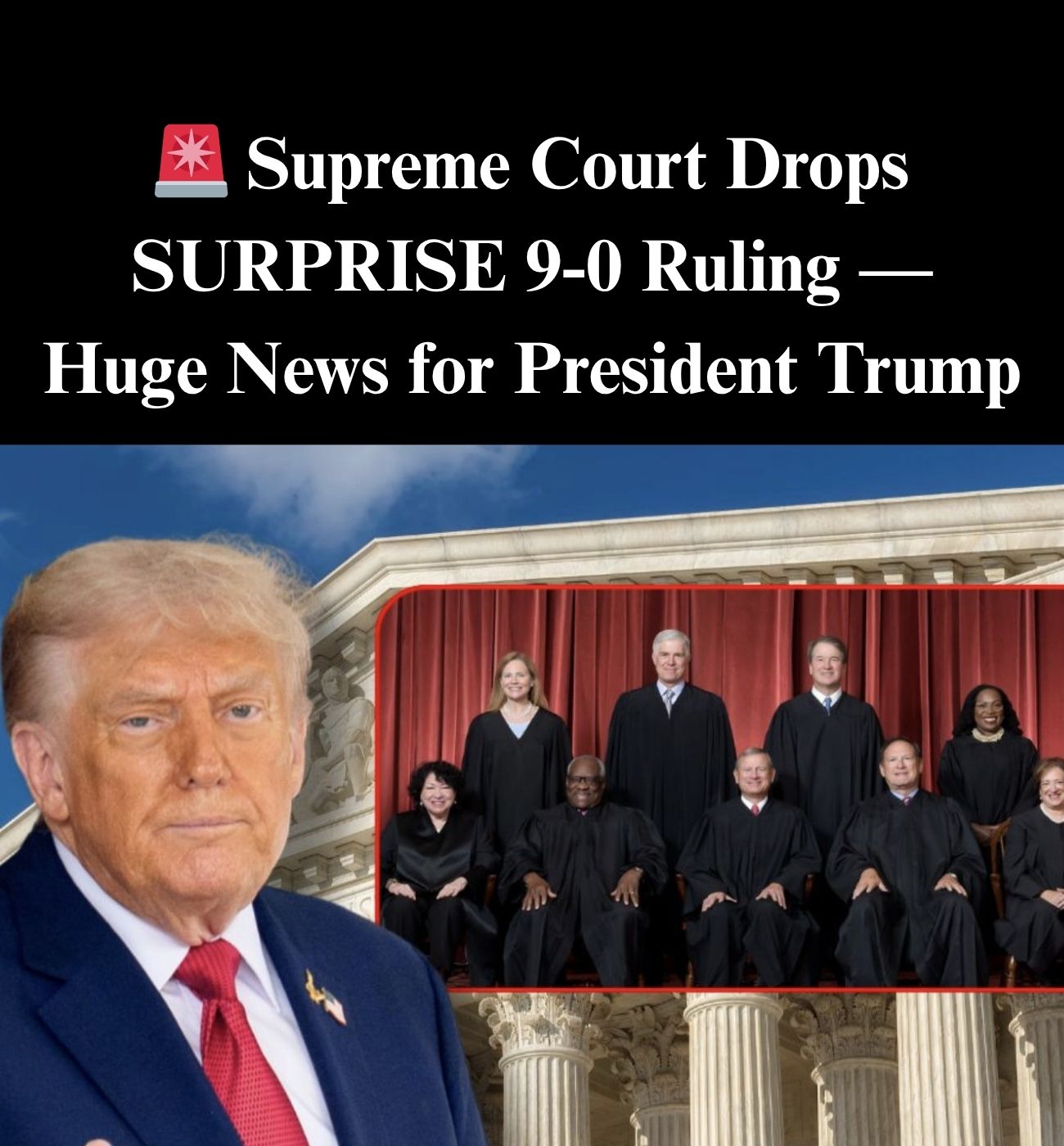The Supreme Court on Tuesday declined to hear an appeal from Clifford James Frost, a Michigan Republican charged in connection with efforts to overturn the results of the 2020 presidential election.
Frost was among 16 individuals who signed documents falsely claiming that then-President Donald Trump won Michigan, despite the state’s certified results showing Joe Biden’s victory. He argued that Michigan Attorney General Dana Nessel’s (D) prosecution was brought in bad faith and asked the justices to intervene to halt the criminal case.
The Court’s decision leaves the state’s case against Frost and the other defendants to proceed in Michigan courts, The Hill reported.
“The AG brought the Michigan Criminal Prosecution with no reasonable expectation of obtaining valid convictions against the Republican Electors,” Frost’s lawyers claimed in his petition to the justices.
“She did so to retaliate against and/or punish the Republican Electors – all of whom are political opponents of the AG – for their unsuccessful efforts to protest the outcome of the election,” they continued.
However, a Michigan judge last month dismissed the charges against Frost and 14 other defendants, ruling that the state lacked sufficient evidence to prove criminal intent. The decision effectively ends the case unless Attorney General Dana Nessel appeals the ruling.
State District Judge Kristen Simmons suggested in her ruling that the defendants were not “savvy or sophisticated enough” to fully comprehend the electoral process they were accused of attempting to manipulate in an effort to overturn President Biden’s 2020 election victory.
At the time, Nessel said her office was “evaluating” whether to appeal the decision. Her office later waived its right to respond to Frost’s petition to the Supreme Court.
Michigan charged the 16 pro-Trump electors in 2023, asserting there was “overwhelming evidence of an organized effort to circumvent the lawfully cast ballots of millions of Michigan voters in a presidential election.” One defendant who cooperated with the prosecution later had their charges dropped.
The alternate electors strategy hinged on then–Vice President Mike Pence certifying slates of pro-Trump electors from battleground states instead of the legitimate Electoral College votes cast for President Biden. Pence declined to do so on Jan. 6, 2021, the same day a mob of Trump supporters stormed the U.S. Capitol.
Similar criminal cases involving so-called “fake electors” have faced legal setbacks in several states.
In Arizona, a state judge in May ordered prosecutors to resubmit their case to a grand jury. In Georgia, where Trump himself is a defendant, the case remains in flux after the state’s top court declined to review Fulton County District Attorney Fani Willis’s disqualification, following revelations about her relationship with a special prosecutor. In Nevada, a judge dismissed the case, a decision that the state’s Democratic attorney general is appealing.
Meanwhile, the federal election interference case against Trump was dismissed after his presidential election victory, ending the prosecution.
In Wisconsin, however, the criminal case against two former Trump attorneys and a former campaign aide is moving forward. A state judge in August declined to dismiss charges alleging that the trio conspired to submit false paperwork claiming Trump won the state’s 2020 election.
Meanwhile, Trump scored a massive victory at the Supreme Court this week, even getting traditionally liberal justices in his favor.
The court lifted a lower court injunction that was preventing the president from stripping the protected legal status of hundreds of thousands of migrants currently residing in the United States.
The decision was 8 – 1 in favor of what the president wanted, with the only dissent coming from Justice Ketanji Brown Jackson, who former President Joe Biden appointed.
Solicitor General John Sauer argued before the Supreme Court this month that the lower court had overstepped its bounds.
“The district court’s reasoning is untenable,” he said, saying that the program “implicates particularly discretionary, sensitive, and foreign-policy-laden judgments of the Executive Branch regarding immigration policy.”
